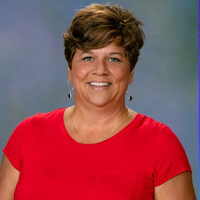
- Need Technical Assistance? earlychildhood2025@getvfairs.io
The 2025 Early Childhood Conference provides an opportunity to connect with early childhood professionals in North Dakota. Participants will learn, network and engage in best practice while celebrating early childhood and the professionals who serve our youngest learners across the state.
Early childhood professionals who work with or provide services for young children including: child care providers, early childhood educators, special education and related service providers, early intervention providers, social workers, mental health providers, home visitors, secondary education students, families and all individuals interested in learning about best practices in early childhood.
Join us in Bismarck for two days of inspirational keynote addresses, engaging breakout sessions, earn Growing Futures credits/CEUs and networking with peers and professionals.
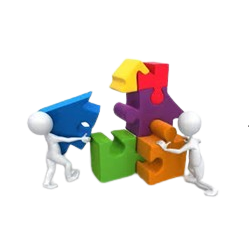
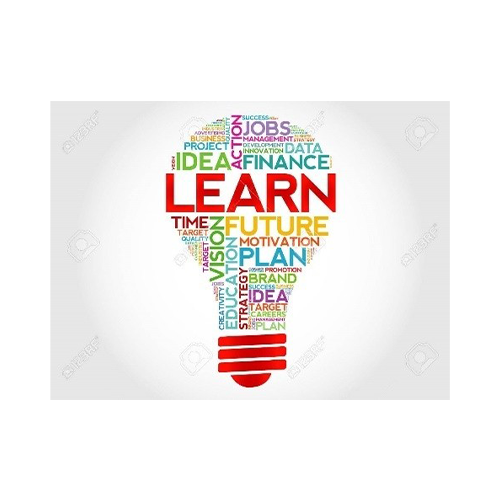


 April 11, 2025 08:30 am
April 11, 2025 08:30 am
 April 11, 2025 10:00 am
April 11, 2025 10:00 am
 April 11, 2025 10:30 am
April 11, 2025 10:30 am
Using research from the field of neuroscience, this session will reframe challenging behavior as dysregulation, outline the limitations of using reinforcers to manage the behavior of young learners and explore the importance of using curiosity, compassion, connection, and co-regulation to support young children during times of distress.
 Cari Ebert
Cari Ebert April 11, 2025 12:00 pm
April 11, 2025 12:00 pm
 April 11, 2025 01:00 pm
April 11, 2025 01:00 pm
 April 11, 2025 01:00 pm
April 11, 2025 01:00 pm
Our society often views time spent in play as frivolous, purposeless activity. Play is often considered the opposite of learning. This course will discuss how young children learn best, examine common societal myths regarding play, and then provide an overview of the developmental benefits of play-based learning in early childhood.
 Cari Ebert
Cari Ebert April 11, 2025 01:00 pm
April 11, 2025 01:00 pm
Through a collaborative session, we will explore strategies and ideas to support young children with Down syndrome and their families in childcare and preschool settings. We will dive into how to partner with professionals in these settings and offer recommendations to collaborate.
 Kendra Vander Wal
Kendra Vander Wal Roxane Romanick
Roxane Romanick April 11, 2025 01:00 pm
April 11, 2025 01:00 pm
Early literacy is a foundational element of a child’s academic success, but many misconceptions can hinder effective teaching and learning. In this session, we will explore the importance of early literacy and debunk some of the most prevalent myths that can impact early childhood education. Through evidence-based insights and practical examples, we will emphasize the role that rich language exposure, early vocabulary development, and meaningful interactions play in fostering literacy skills in young children. This session will also challenge long-standing ideas about literacy instruction and provide attendees with tools and strategies to support early literacy in their classrooms and homes, regardless of a child’s developmental stage.
 Faith Rieger
Faith Rieger April 11, 2025 01:00 pm
April 11, 2025 01:00 pm
This presentation will include an overview of the free services available for North Dakota children with hearing differences and their caregivers and providers. Highly qualified, teachers of the deaf are eager to work with you to explore development of auditory skills, explain communication modes and methodology, brain development and language access, and provide community connections and resources. The presentation will include the process for accessing these services and the compelling reasons why it is necessary to do so.
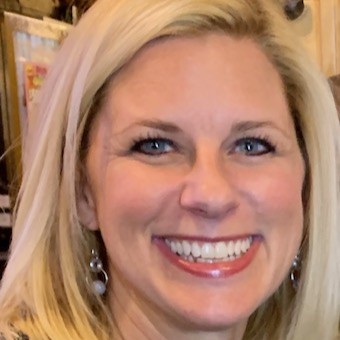 Nicole Swartwout
Nicole Swartwout Lana Zimbelman
Lana Zimbelman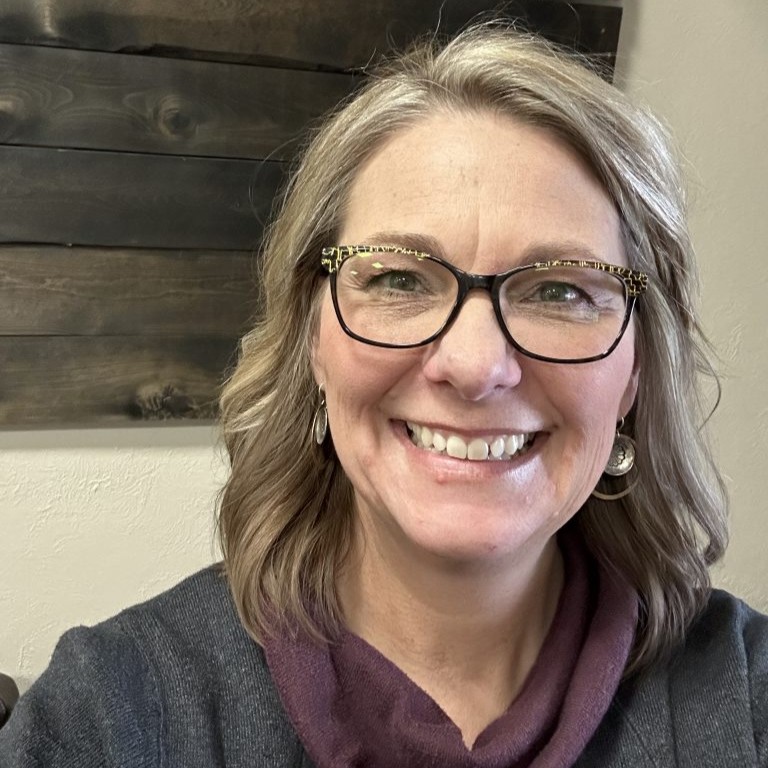 Jodi Scheeler
Jodi Scheeler April 11, 2025 01:00 pm
April 11, 2025 01:00 pm
This presentation provides practical strategies to prevent child abuse. It highlights recognizing warning signs, promoting positive relationships, creating safe environments, and supporting and empowering families to play a crucial role in protecting and nurturing children.
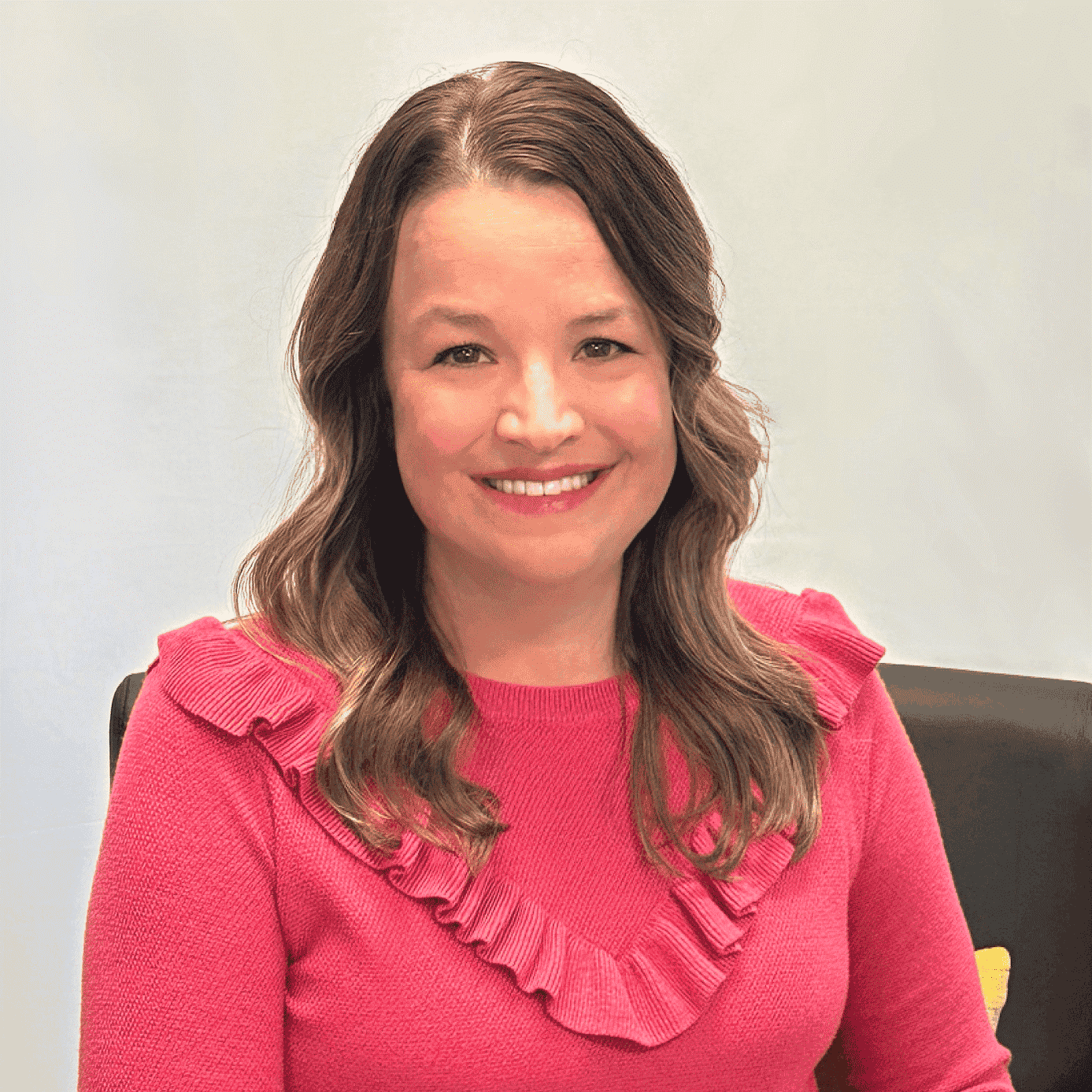 Nicole Huson
Nicole Huson April 11, 2025 01:00 pm
April 11, 2025 01:00 pm
This session will explore the themes and insights presented in “Anxious Generation” by Jonathan Haidt. We will discuss the impacts of technology, social media and the deprivation of play on the mental health of children. We will engage in some easy ways to incorporate play into learning experiences.
 Sheila Peterson
Sheila Peterson April 11, 2025 02:15 pm
April 11, 2025 02:15 pm
 April 11, 2025 02:15 pm
April 11, 2025 02:15 pm
Dive into generational research to uncover the similarities and differences between parents of previous generations and our newest generation of parents to build connections and engaging experiences. Discover the unique characteristics, values, and preferences of Gen Z parents and how to actively involve them in their child's learning journey.
 Heather Chatham
Heather Chatham April 11, 2025 02:15 pm
April 11, 2025 02:15 pm
The transport of very young children and children with special needs can be fraught with challenges, both with legal requirements as well as best practices in mind. This session will highlight child passenger safety for infants/toddlers/preschool age children as well as children with special needs. Special attention will be focused on transport via school bus as well as wheelchair transport information.
 Tina Sanders
Tina Sanders April 11, 2025 02:15 pm
April 11, 2025 02:15 pm
The Erickson Institute’s FAN framework teaches attunement for home visitors. It is like motivational interviewing and teaches tools for sitting with big feelings: to meet families where they are at. A parallel process occurs when we attune during home visits, so families can better attune to their child. As home visitors in a helping field, we often want to offer suggestions and “do something.” Many times, we are faced with emotions and families first need to be heard, validated, and sit with the hard things before they can move on and “do” for their child and family.
 Michelle Ragan
Michelle Ragan Maren Stokka
Maren Stokka April 11, 2025 02:15 pm
April 11, 2025 02:15 pm
Authentic assessment is a core practice in early childhood that provides functional and meaningful assessment while involving the family. This presentation reviews the foundational concepts of authentic assessment in early intervention presented by the state’s professional development workgroup, a cross-section early intervention (EI) stakeholder group that collaboratively develops training for EI. Review the core concepts of authentic assessment, why it is meaningful, and how families are partners. Audience members will learn from scenarios, discussion, and how to access the state’s early intervention training platform.
 Jill Staudinger
Jill Staudinger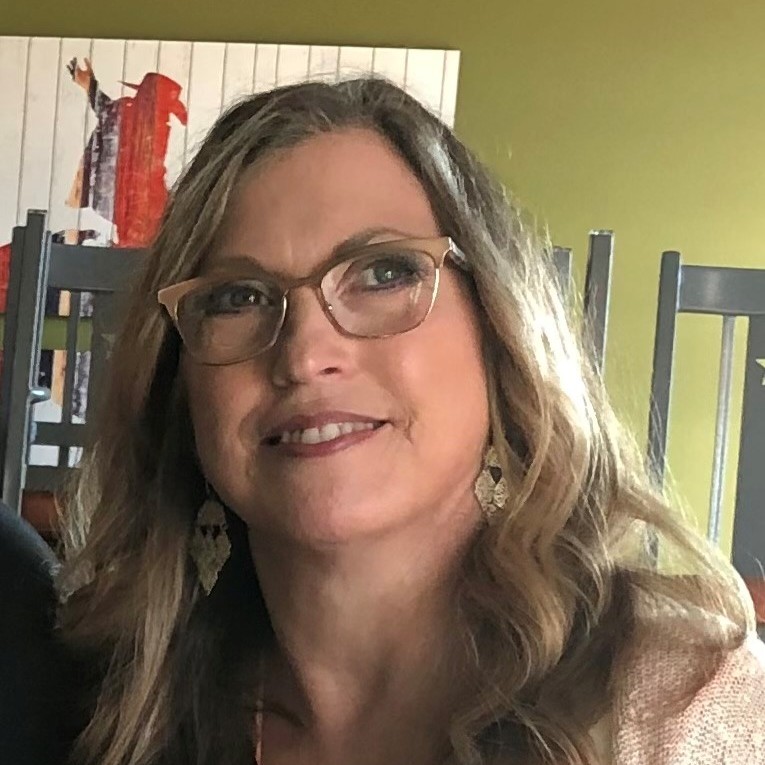 Sandy Herr
Sandy Herr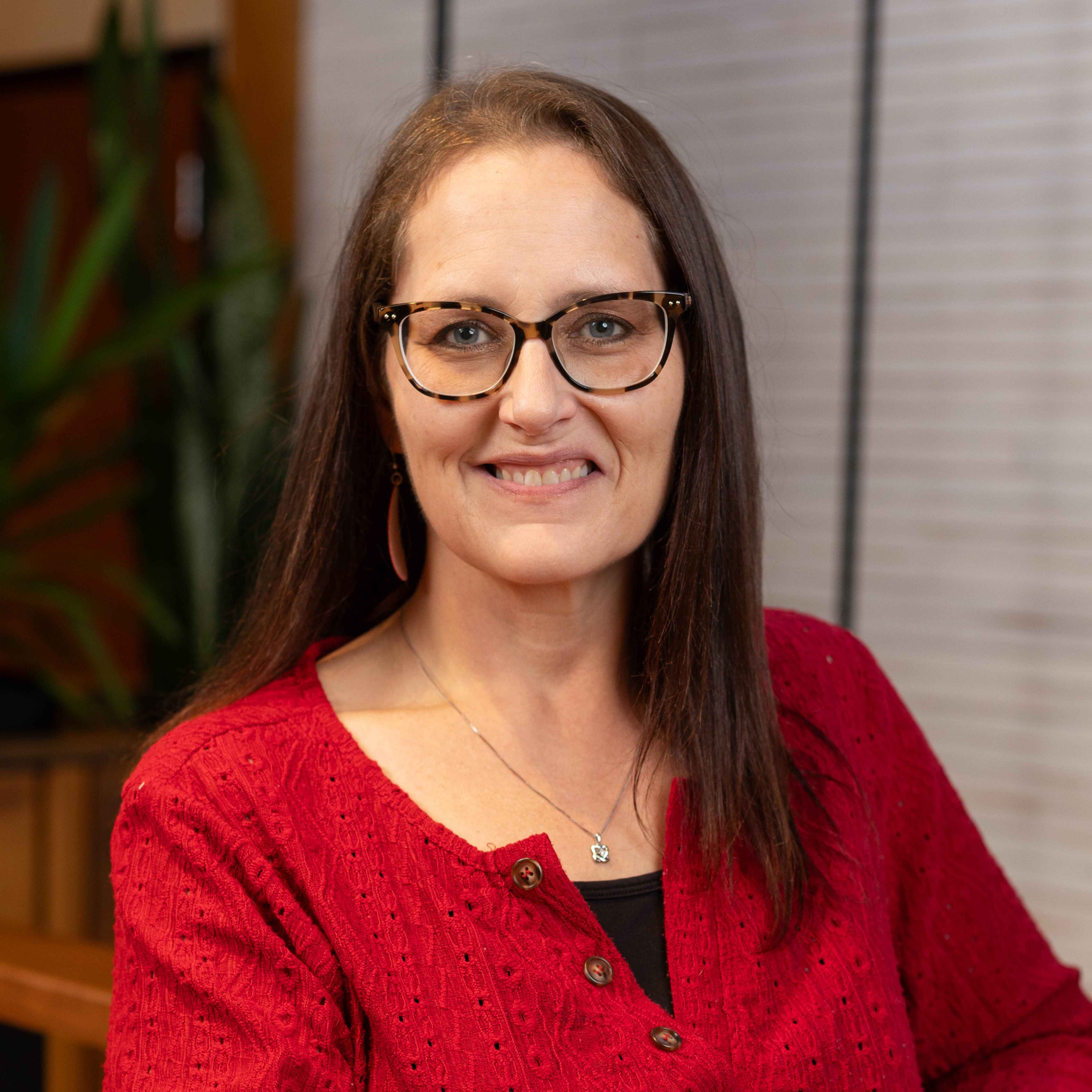 Stacey Miller
Stacey Miller Kristen Votava
Kristen Votava Carol Johnson
Carol Johnson Jerolyn Austin
Jerolyn Austin Ashley Johnson
Ashley Johnson April 11, 2025 02:15 pm
April 11, 2025 02:15 pm
NDDPI staff will provide an overview of at-risk programs, requirements, record-keeping, and funding opportunities. These areas include Homeless and Foster Care education programs.
 Jen Withers
Jen Withers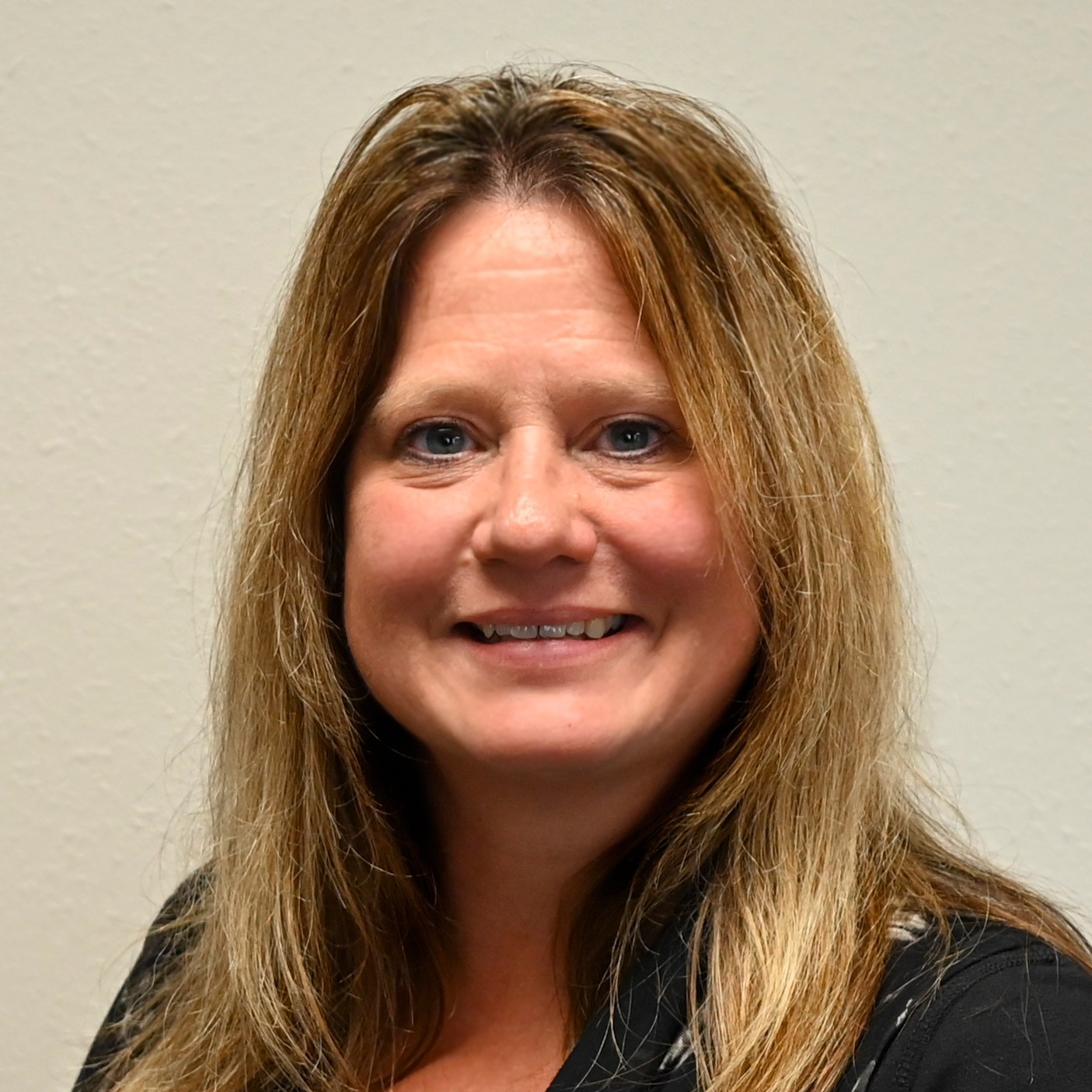 Michelle Siegfried
Michelle Siegfried April 11, 2025 02:15 pm
April 11, 2025 02:15 pm
As informational and nonfiction texts gain further traction in kindergarten and beyond, many early childhood educators are looking for guidance on how to integrate these materials into their daily practice. Through small- and large-group discussions and interactive reviews of a variety of texts, participants will examine ways to meaningfully integrate informational and nonfiction texts into a variety of experiences and interactions.
 Jennifer Sturgeon
Jennifer Sturgeon April 11, 2025 03:15 pm
April 11, 2025 03:15 pm
 April 11, 2025 03:30 pm
April 11, 2025 03:30 pm
We all get stressed out in life. That stress affects our minds, bodies and spirit and the humans in our lives. This kinesthetic keynote is the stress relieving solution for all who attend. Participants laugh out loud and learn how to increase their energy and relieve their stress through various breathing, stretching and strengthening movements. Reduce or eliminate pain from your back, neck, knees, sciatic and ankles gently and easily. You will finish the keynote with a peaceful and relaxing meditation. You will walk out feeling yummy, invigorated and happy…yes…really, really happy!
 Ron Shuali
Ron Shuali April 12, 2025 08:00 am
April 12, 2025 08:00 am
 April 12, 2025 09:00 am
April 12, 2025 09:00 am
Yoga and martial arts blended into one age appropriate experience. Your participants are engaged and laugh through a keynote like no other. Activities include breathing, stretching, giggling, blocking, learning, singing, thinking, jumping, throwing and a lot of smiling. Participants discover a new way to effectively communicate with fellow teacher, parents and children for the best possible results. Your staff will leave the room empowered, excited and energized. The audience gets to choose their level of participation as the games and activities can be done in their chairs or at the front of the room in a designated movement area.
 Ron Shuali
Ron Shuali April 12, 2025 10:30 am
April 12, 2025 10:30 am
 April 12, 2025 10:45 am
April 12, 2025 10:45 am
 April 12, 2025 10:45 am
April 12, 2025 10:45 am
Directors transform into cooks, diaper changers, salespeople and teachers depending on the situation in front of them. Having that flexibility allows for greater success. Directors laugh and learn through a keynote designed to provide real solutions to challenges like teacher retention, bullying, behavior management, challenging parents, low energy staff meetings and closing tours. and they learn the secret on how to keep the most qualified teachers in the harsh world of preschool turnover while dramatically increasing your student referral rate. All while laughing through the experience.
 Ron Shuali
Ron Shuali April 12, 2025 10:45 am
April 12, 2025 10:45 am
This session addresses the critical issue of child sexual abuse, beginning with an exploration of its prevalence in North Dakota to understand the scope of the problem. We will then delve into the profile of abusers, identifying who they often are, and examine children's sexual development to differentiate between normal and concerning behaviors. Recognizing grooming tactics and red flag behaviors is crucial, so we will cover these aspects thoroughly. Additionally, we will discuss how to spot the signs of sexual abuse and understand its devastating impacts. The focus will then shift to prevention, where we will outline protective measures to keep children safe in our care. Finally, we will emphasize the importance of empowering children by equipping them with protective strategies.
 Lindsey Burkhardt
Lindsey Burkhardt April 12, 2025 10:45 am
April 12, 2025 10:45 am
Three and Four-Year-Old children are natural investigators. They explore their surroundings as they play with materials, wonder and ask why, and investigate their surroundings to learn more. This session will explore how using developmentally appropriate, hands-on explorations in the preschool classroom helps children experience the excitement of discovery and develop their scientific thinking as they engage with the physical and natural worlds around them.
 Jennifer Sturgeon
Jennifer Sturgeon April 12, 2025 10:45 am
April 12, 2025 10:45 am
This session is designed to equip early childhood professionals with the skills and knowledge needed to effectively partner with parents during the developmental screening process. By fostering strong, collaborative relationships with families, providers can ensure that screenings are more accurate, comprehensive, and supportive of each child's unique developmental needs.
 Missi Baranko
Missi Baranko April 12, 2025 10:45 am
April 12, 2025 10:45 am
Early Childhood Providers will be able to understand the purpose of an Individualized Family Service Plan (IFSP) and Individualized Education Programs (IEP), the process of accessing both, and their role in supporting a child and family to include implementing strategies from the plan
 Carolyn Morowski
Carolyn Morowski Ashley Baldwin
Ashley Baldwin Tracy Mittleider
Tracy Mittleider April 12, 2025 10:45 am
April 12, 2025 10:45 am
There are many reasons that children have behaviors. Behavior serves as communication. There may be unmet needs or underdeveloped skills. It is during the early childhood years that executive function and language grow quickly. Why do we need to know in order to be prepared to support children during this period? This session will cover the topics of language, executive function, and cognitive load theory and how they are interrelated. We will also discuss why these skills are needed to prevent future behavior.
 Michelle Woodcock
Michelle Woodcock April 12, 2025 11:45 am
April 12, 2025 11:45 am
 April 12, 2025 12:45 pm
April 12, 2025 12:45 pm
 April 12, 2025 12:45 pm
April 12, 2025 12:45 pm
The best learning is done outdoors! Early exposure to nature improves emotional and physical well-being, enhances learning, and promotes positive social behavior. Project Learning Tree's "Trees & Me" curriculum introduces hands-on activities to connect young children to nature using age-appropriate literacy, math, and critical thinking skills. Designed for families and teachers to use with children ages 1–6 in a range of settings to meet a child’s unique needs.
 Beth Hill
Beth Hill Michelle Cauley
Michelle Cauley April 12, 2025 12:45 pm
April 12, 2025 12:45 pm
Indoor environments in family care settings are vital as they provide a safe, nurturing space where children can explore, learn, and develop critical skills through age-appropriate activities. A well-organized and stimulating indoor environment supports emotional security and fosters child growth and development. Attendees will be able to identify strategies for setting up and organizing the spaces in home-based child care to ensure a learning-rich environment for all the children.
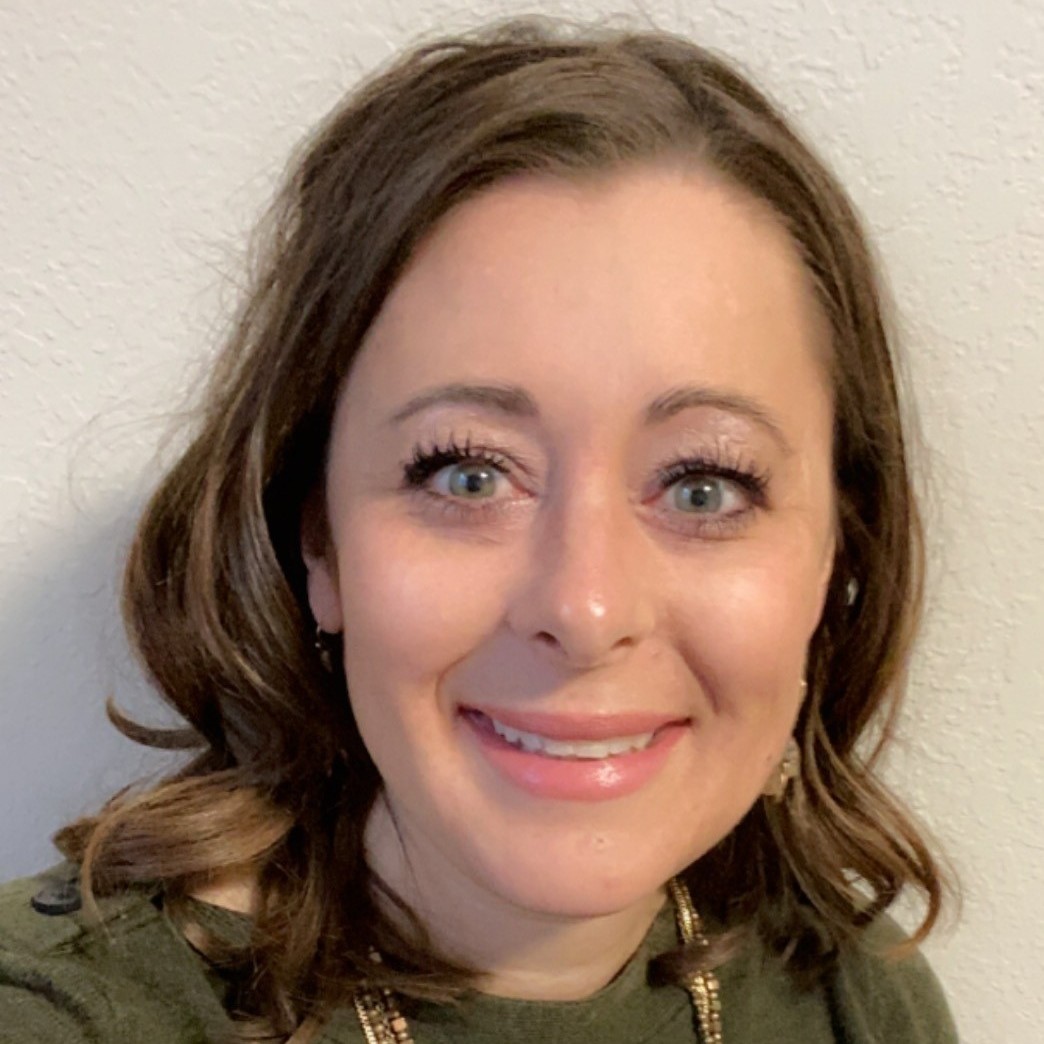 Beth Hansen
Beth Hansen Ashley Hilton
Ashley Hilton Sarah Beach
Sarah Beach April 12, 2025 12:45 pm
April 12, 2025 12:45 pm
Developing a solid foundation for language comprehension is critical for future comprehension and reading success. Dive into the research as we uncover the power of explicitly teaching vocabulary and concepts to early learners and then how to use language to empower learners to deepen their knowledge through implicit play. Strengthen your "language comprehension foundation" toolkit with evidence-based strategies and techniques that will inspire conversations and brain connections.
 Heather Chatham
Heather Chatham April 12, 2025 12:45 pm
April 12, 2025 12:45 pm
With so many demands and so little time, being a program leader is difficult. In this session we will look at various research, backed with real life experiences and take a deep look into leadership and what we can do to limit these demands. We will look at how to shift from simply playing a role to embody a mindset that empowers both yourself and those around you. Explore the essential skills and competencies that define true leadership and learn how to cultivate them within your organization. Don’t miss this opportunity to elevate your leadership game and make a lasting impact on your child care program.
 Lindy Caro
Lindy Caro April 12, 2025 12:45 pm
April 12, 2025 12:45 pm
Challenging behaviors in children exist in every program, classroom, and child care. Hear how one program who has navigated implementation of this framework, the challenges and successes, to reduce challenging behaviors and increase employee capacity.
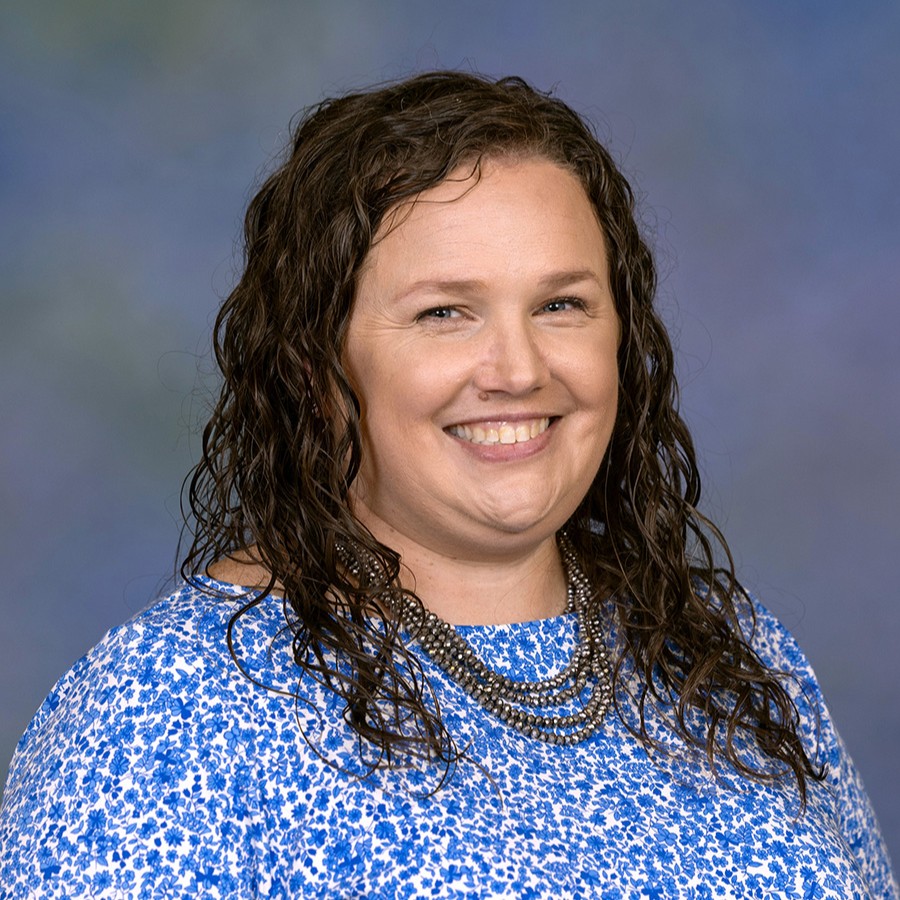 Jessi Hegg
Jessi Hegg April 12, 2025 12:45 pm
April 12, 2025 12:45 pm
This break out session is focused on learning practical strategies on how to connect with children and handle any challenging behaviors. Participants will be asked to take a child’s perspective during experience-based learning sessions where they will reflect on what they are thinking, feeling, and deciding about themselves and how they plan to behave.
 Jacey Wanner
Jacey Wanner April 12, 2025 01:45 pm
April 12, 2025 01:45 pm
 April 12, 2025 02:00 pm
April 12, 2025 02:00 pm
In this engaging keynote, we will explore the influential role of humor in stress management. By incorporating laughter and light-heartedness into our daily lives, we can release endorphins, those feel-good chemicals that reduce stress and enhance our overall sense of happiness.
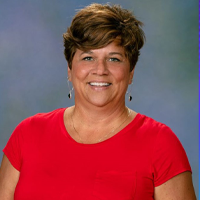 Kelli Odden
Kelli Odden

